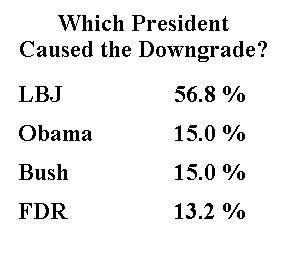The need for President Obama to get a good press outcome may have trumped the official concerns of the Office of Management and Budget in loaning half a billion dollars to now-bankrupt Solyndra:
The Obama White House tried to rush federal reviewers for a decision on a nearly half-billion-dollar loan to the solar-panel manufacturer Solyndra so Vice President Biden could announce the approval at a September 2009 groundbreaking for the company’s factory, newly obtained e-mails show.
The Silicon Valley company, a centerpiece in President Obama’s initiative to develop clean energy technologies, had been tentatively approved for the loan by the Energy Department but was awaiting a final financial review by the Office of Management and Budget.
The August 2009 e-mails, released exclusively to The Washington Post, show White House officials repeatedly asking OMB reviewers when they would be able to decide on the federal loan and noting a looming press event at which they planned to announce the deal. In response, OMB officials expressed concern that they were being rushed to approve the company’s project without adequate time to assess the risk to taxpayers, according to information provided by Republican congressional investigators.

 Well, it turns out that Social Security is a relatively minor part of the problem, so even though President Roosevelt’s policies exacerbated and extended the Great Depression, the program he created is only responsible for a small share of the fiscal crisis. To give the illusion of scientific exactitude, let’s assign FDR 13.2 percent of the blame.
Well, it turns out that Social Security is a relatively minor part of the problem, so even though President Roosevelt’s policies exacerbated and extended the Great Depression, the program he created is only responsible for a small share of the fiscal crisis. To give the illusion of scientific exactitude, let’s assign FDR 13.2 percent of the blame.

